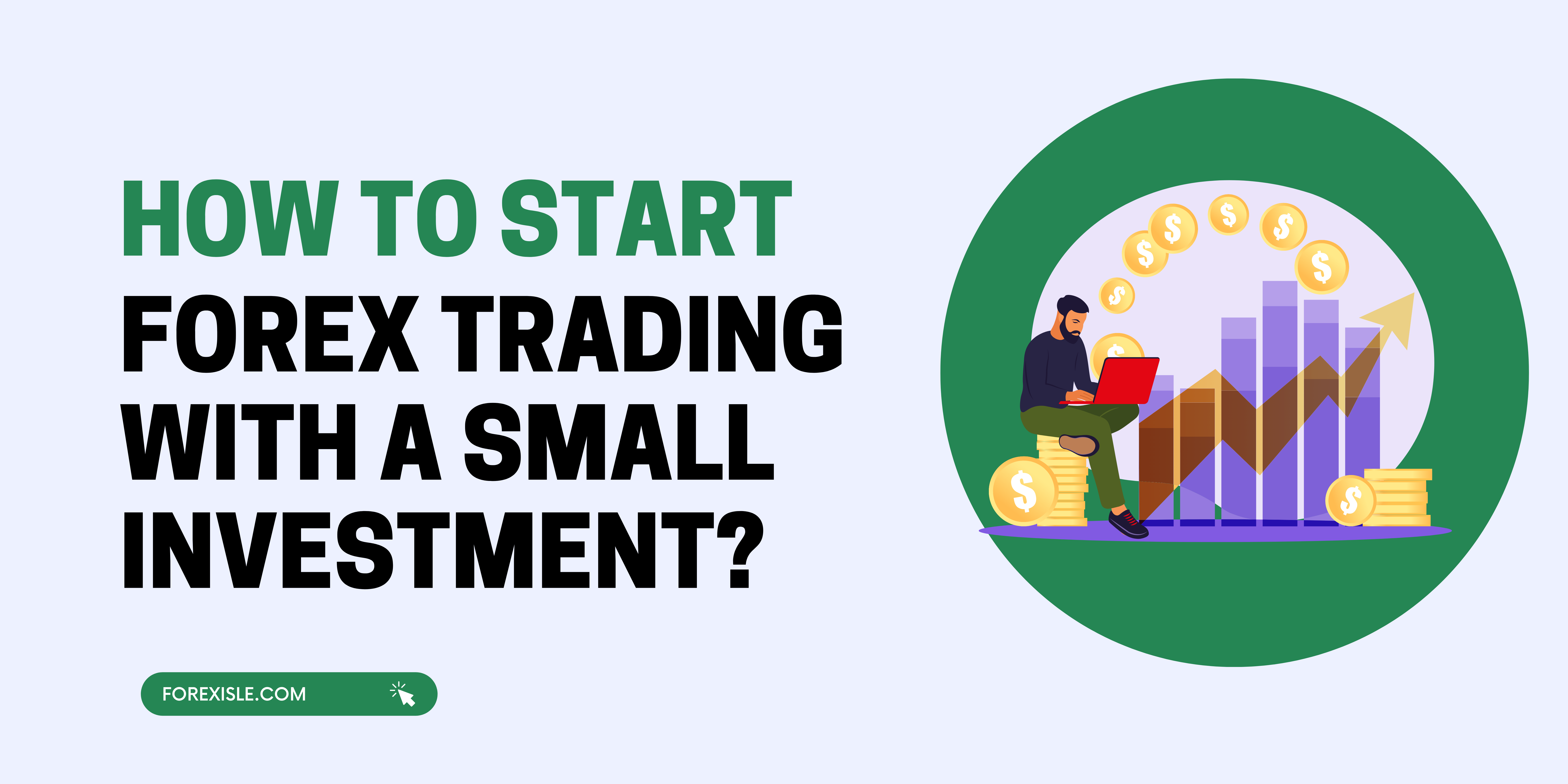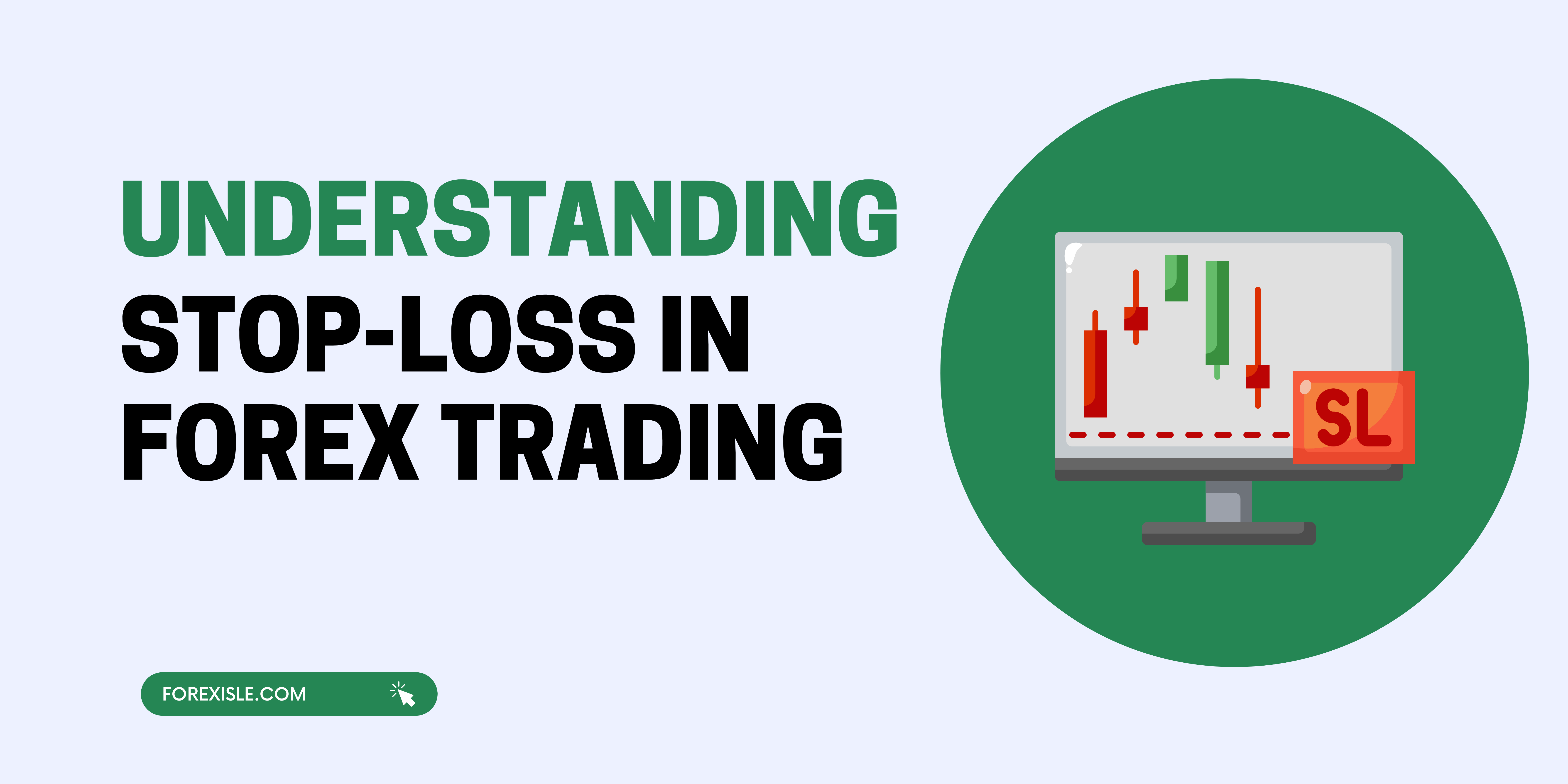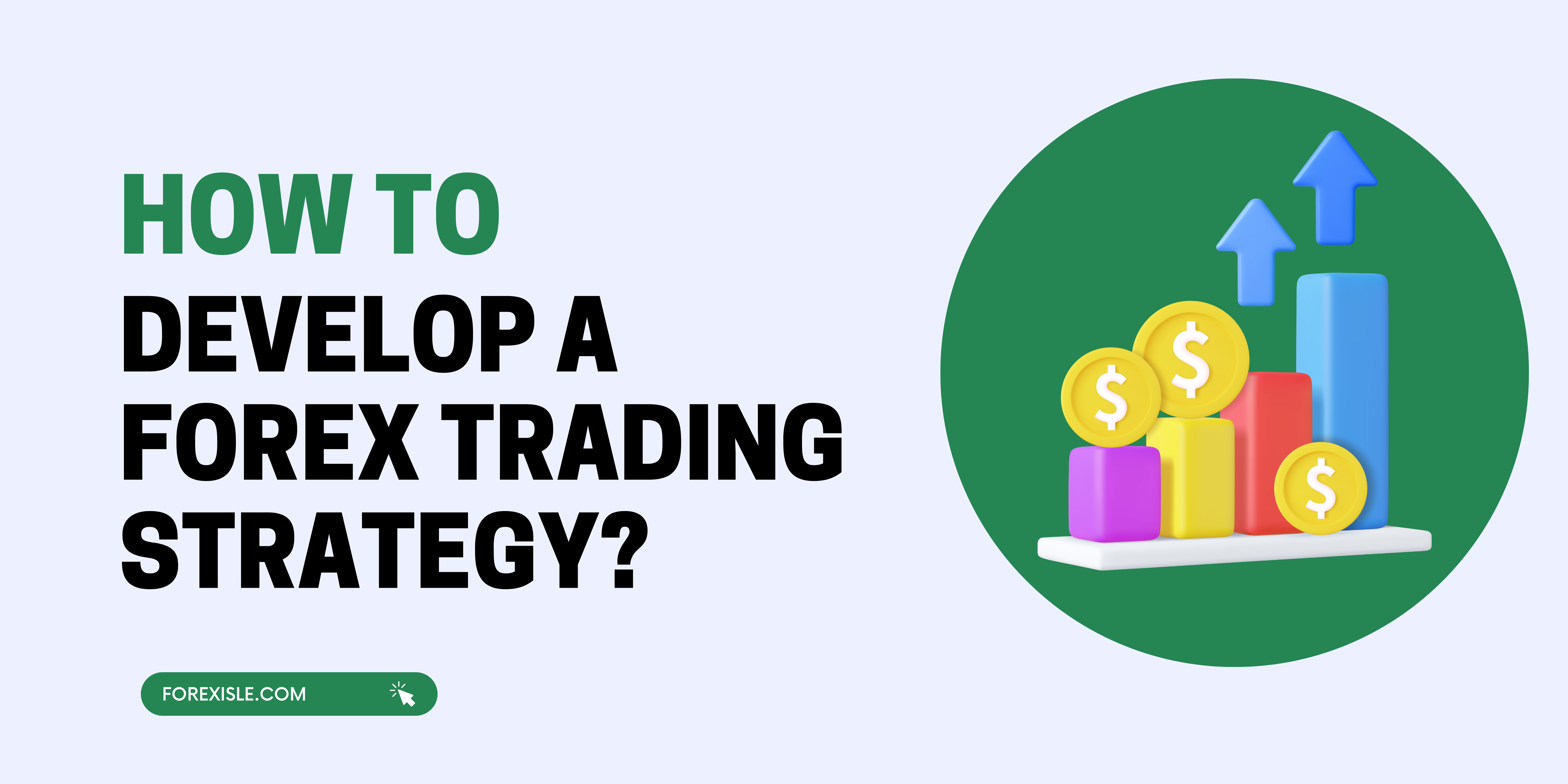The forex market is a global, decentralized marketplace that allows traders from around the world to trade currencies. The forex market’s size is estimated at over 5 trillion dollars and it sees more trades per day than any other financial market in the world. Interest rates are a major factor in determining a currency’s value, because the interest rates affect how much a lender will charge for a loan denominated in that currency.
It is one of the biggest mysteries in finance: how do changes in interest rates affect the forex market? The point is, of course, to get a better understanding of why interest rates and currencies are related. It turns out that this relationship is complex. Interest rates can affect foreign exchange rate movements through three channels: monetary, debt, and wealth effects.
At the heart of the Forex market, which is estimated at $5 trillion, is a central bank that manages money supply and interest rates. However, as the U.S. Federal Reserve has been gradually changing its stance on interest rate hikes, it has also initiated the devaluation of the U.S. dollar against many world currencies. This has led to an increase in demand for stronger currencies like the Euro and Japanese Yen because both offer greater safety and yield than U.S.
How do Interest Rates affect the Forex market?
Interest rates are one of the most important financial indicators. When interest rates are low, it is cheaper to borrow, so investors spend more. When interest rates are high, it is more expensive to borrow, so investors spend less. This can affect the Forex market because when there is a lot of buying in the forex market the demand for dollars will rise and this will cause an increase in the value of the USD.
Interest rates affect the Forex market by influencing global trade and economic activity. A higher interest rate makes it more expensive to borrow money, which can lead to reduced demand for goods, lower GDP growth, and less investment in the economy. A low-interest rate can stimulate borrowing and lending, which can increase demand for goods and services.
Most currencies are more likely to depreciate than appreciate when interest rates are high due to an increased cost of capital.
How do changes in interest rates affect the Forex market?
The Forex market is an international marketplace for trading currencies. It is volatile and can change dramatically in response to events like interest rate changes. With the exception of the US dollar, most countries have negative interest rates. This makes it more difficult for traders to make money because they are earning less than what is owed on their deposits with the bank.
When a country’s central bank raises or lowers its interest rate, that affects all types of investments, including the foreign exchange market.
Understanding forex interest rate differentials
Interest rates in countries such as the United States (U.S.) and Japan are much lower than in many other countries around the world. This is because central banks in the U.S. and Japan have been implementing quantitative easing policies to stimulate their economies by having low-interest rates set for a long time period. The idea behind this, in general, is that when interest rates in one country are higher than in another country, people will invest their money there instead of investing it elsewhere.
There is a fundamental difference between the interest rates of different countries. In order to better understand this, you have to first understand how the global economy works. If you want to purchase goods from overseas, it is going to be cheaper for a company based in a developing country that has a lower interest rate than a company based in a developed country with a higher interest rate. This means that if the domestic product is not competitive enough, it will have an increased cost disadvantage.
How do interest rates affect currencies?
Interest rates affect currencies by influencing the return on investment. For example, if a country has a high-interest rate, then it is more attractive for investors to invest their money in that country’s currency because they will earn a higher return. This causes the demand for that currency to increase and the value of the currency to rise. Interest rates affect currencies by influencing the return on investment.
Interest rates make a significant difference in the relative value of currencies. For example, if a country has a lower interest rate than another, its currency will tend to be worth more.
Interest rates make a significant difference in the relative value of currencies. For example, if a country has a lower interest rate than another, its currency will tend to be worth more.
What is the relationship between the exchange rate and interest rate?
The relationship between the exchange rate and interest rate is that the lower the exchange rate, the higher the interest rates. This is because when a country’s economy is struggling, it needs to use higher interest rates to attract foreign investors. But when an economy is stable, it can afford to lower interest rates to attract more investors. However, the phenomenon of a declining exchange rate is not unique to a struggling economy.
The relationship between the exchange rate and interest rates depends on whether or not a country is running a trade surplus. If the country has a trade surplus, then it will have an increased reserve of foreign currency which can be used to purchase financial assets abroad. That means that there is more demand for the national currency which should lead to higher interest rates.
Conclusion
Interest rates can have an effect on the Forex market. When one country’s interest rates are higher than the other, one currency will be more attractive to investors.
Interest rates can have an effect on the Forex market. When one country’s interest rates are higher than the other, one currency will be more attractive to investors.


